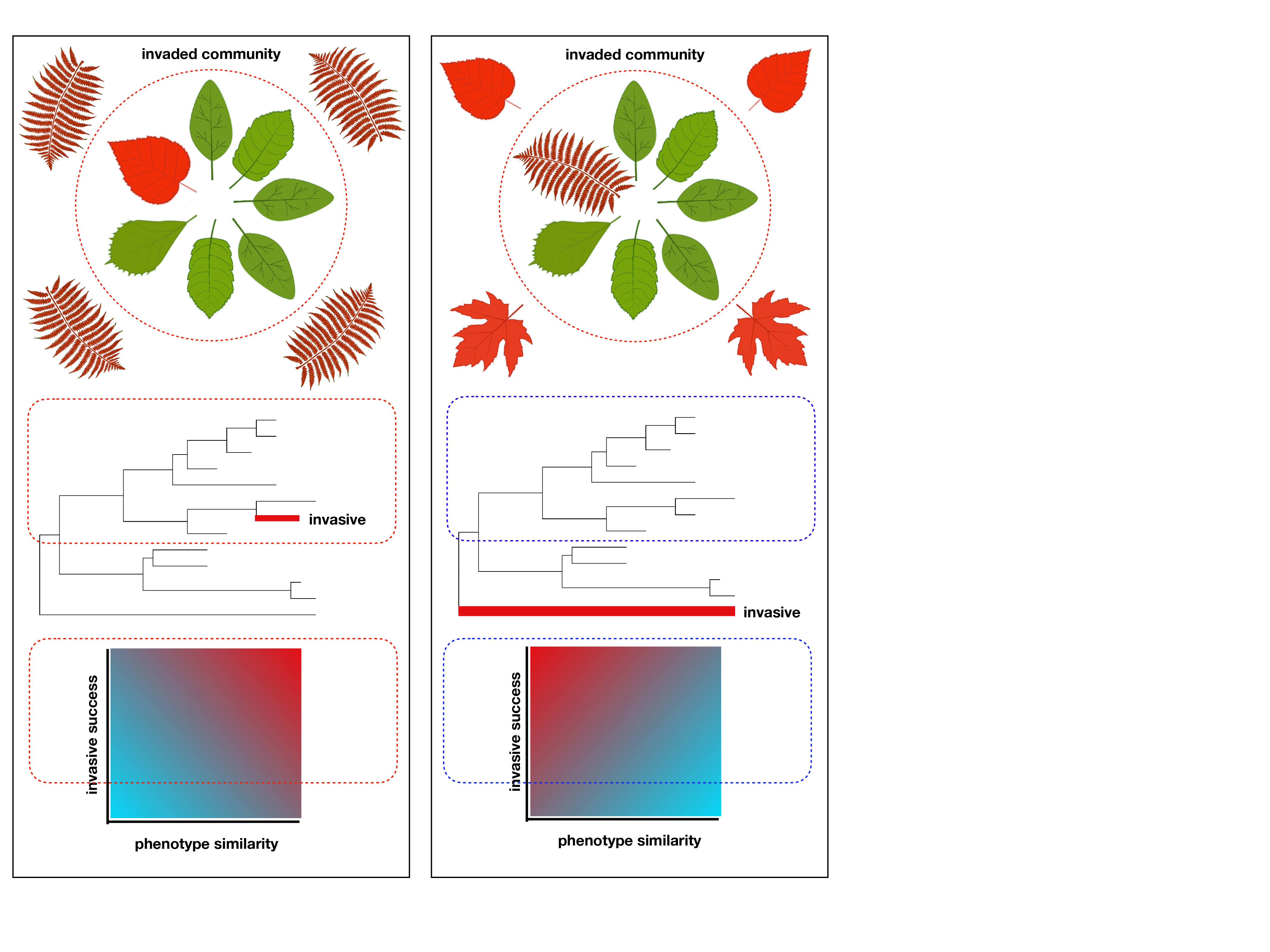Plant evolution and conservation
Our research tackles the biogeography, evolution, and conservation of plants, particularly island floras. We are interested in the mechanisms that determine the distribution of biodiversity in space and time, and how these affect the assembly of ecological communities. Addressing such questions requires the integration of (macro)ecological, phylogenetic, genomic, morpho-functional, taxonomic, and floristic (field techniques) approaches. Our ultimate goal is to use this knowledge to contribute to the conservation of biodiversity in general, and of island floras in particular, in the face of global change threats. Our research focuses on bryophytes and vascular plants in the Macaronesian region, but our growing interest in biodiversity conservation has led us to work in other regions and island systems.
The main research lines of our laboratory are:
Biogeography and functional ecology of island floras. This research line focuses on answering how taxonomic, functional, and phylogenetic diversity are distributed in space and time, and why.
Plant evolution of species and communities. We seek to understand the historical and contemporary processes that regulate the evolution of species (e.g., adaptive versus non-adaptive radiation) and the assembly of ecological communities.
Invasion and global change biology. Our laboratory prioritizes understanding and predicting the responses of the different facets of biodiversity to invasive species, habitat destruction, and climate change.
Taxonomy and systematics of plants. We carry out integrative taxonomy studies of bryophytes and tracheophytes (vascular plants), both with herbarium collections and fresh samples, in an effort to delimit species and clarify systematic relationships; fundamental information for the establishment of more efficient strategies in plant biodiversity conservation.

Jairo Patiño
